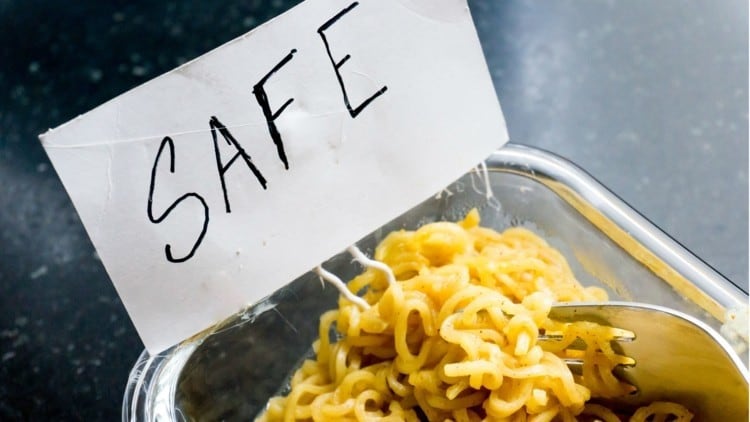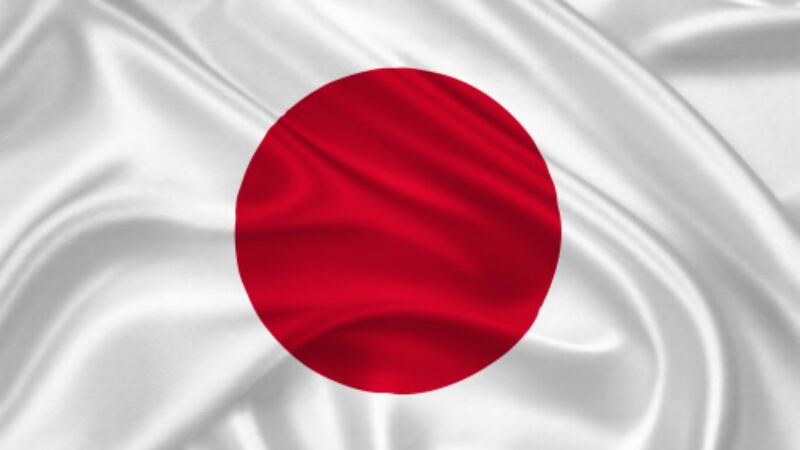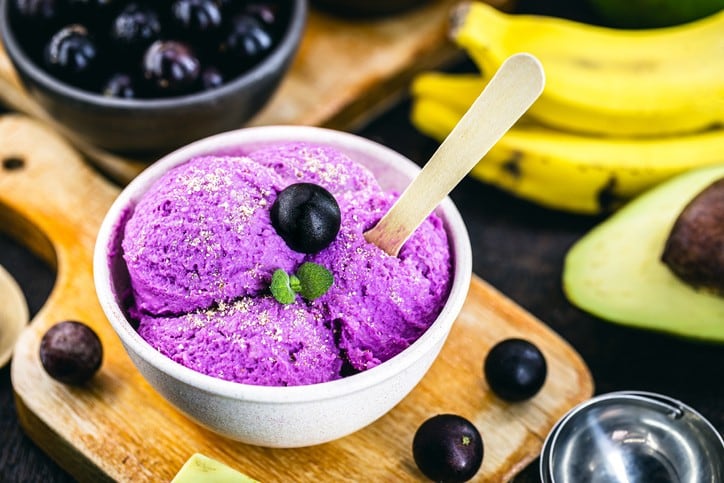Japan’s Ministry of Health, Labour and Welfare (MHLW) recently announced that 19 new types of processed food products undergone successful reviews by the ministry and been designated exempt from the need to apply for and obtain a specific sealed packaged food manufacturing license from the prefectural governor.
This sealed packaged food manufacturing license applies to businesses producing foods that are sold in a sealed packaged format but do not need to be frozen or refrigerated, due to a potential risk of developing microbial contamination e.g. by Clostridium botulinum or the botulinum toxin.
Previously, only two types of food products had received this exemption in Japan, namely vinegar and honey, but after receiving multiple industry applications, MHLW revised this to include 17 other categories including brown rice, milled rice, wheat, coffee beans, tea, granular/powdered foods, toasted seaweed and more.
“These changes will be enforced [under] Japan’s Food Sanitation Law with immediate effect,” MHLW Minister Shigeyuki Goto said via a formal statement.
“[MHLW has reviewed these categories] to find no risk of the breeding of botulinum toxin or other anaerobic bacteria, which can commonly form heat-resistant spores when stored via methods other than freezing or refrigeration, hence have designated these as exempt from the need to get a separate license and permission from prefectural governors.”
The ministry has also encouraged food manufacturers from more packaged food categories to come forward and submit applications for exemption, likely in hopes of reducing trade-related red tape, and in anticipation of these it has also published a guide on application requirements.
“[Importantly], applicants must show scientific evidence and proof that there is no risk of growth of botulinum toxins or other anaerobic bacteria [without] refrigeration or freezing – this is a condition for application,” said MHLW.
“Applicants will also be required to submit detailed explanatory material, including any citation of other local laws or regulations; as well as the documentation and/or research results showing [the] scientific evidence against microbial growth as mentioned above.
“An example of this could include pH, where the product shows a pH of 4.6 or less [to retard microbial growth] without any PH adjustment; or water activity [being lower than levels suitable for bacterial activity], generally less than 0.85.”
MHLW also urged food industry applicants to confirm the necessary documentation and information required with the ministry’s Food Monitoring and Safety Division prior to making the actual application.
Applications for this round are open from now until February 28 2022.
Food poisoning fears
The ministry’s stress on scientific evidence to prove a lack of risk of food-related contamination is well-warranted, given that food poisoning outbreaks have made the headlines in Japan several times in the past two years.
Most recently, in June 2021 almost 1,000 students and staff across 18 day centres and schools in Toyama, Japan fell victim to food poisoning believed to be caused by milk delivered during school lunch.
Just a year before that, one of the largest ever outbreaks known in Japan took place in June 2020 amidst the pandemic when over nearly 3,000 students and teachers from 15 public elementary and junior high schools in Saitama, Japan were struck with symptoms including abdominal cramps, diarrhoea, fever and more.
More recent research by the Saitama Institute of Public Health published last year revealed that the cause of this outbreak was Escherichia coli bacteria in seaweed used in a salad consumed by the affected patients.
As such, Japan’s concern over minimising possible sources of food poisoning by eliminating risk at the food manufacturing and packaging stage is not far-fetched, particularly if these firms are supplying food and beverages for public school lunches – which, incidentally, are mandatory purchases for students in the country.
Separate 2020 research by the Shimane University Hospital also revealed a minimum of 1,000 food poisoning cases in Japan yearly between 2015 and 2018 – not counting unreported or suspected cases.





